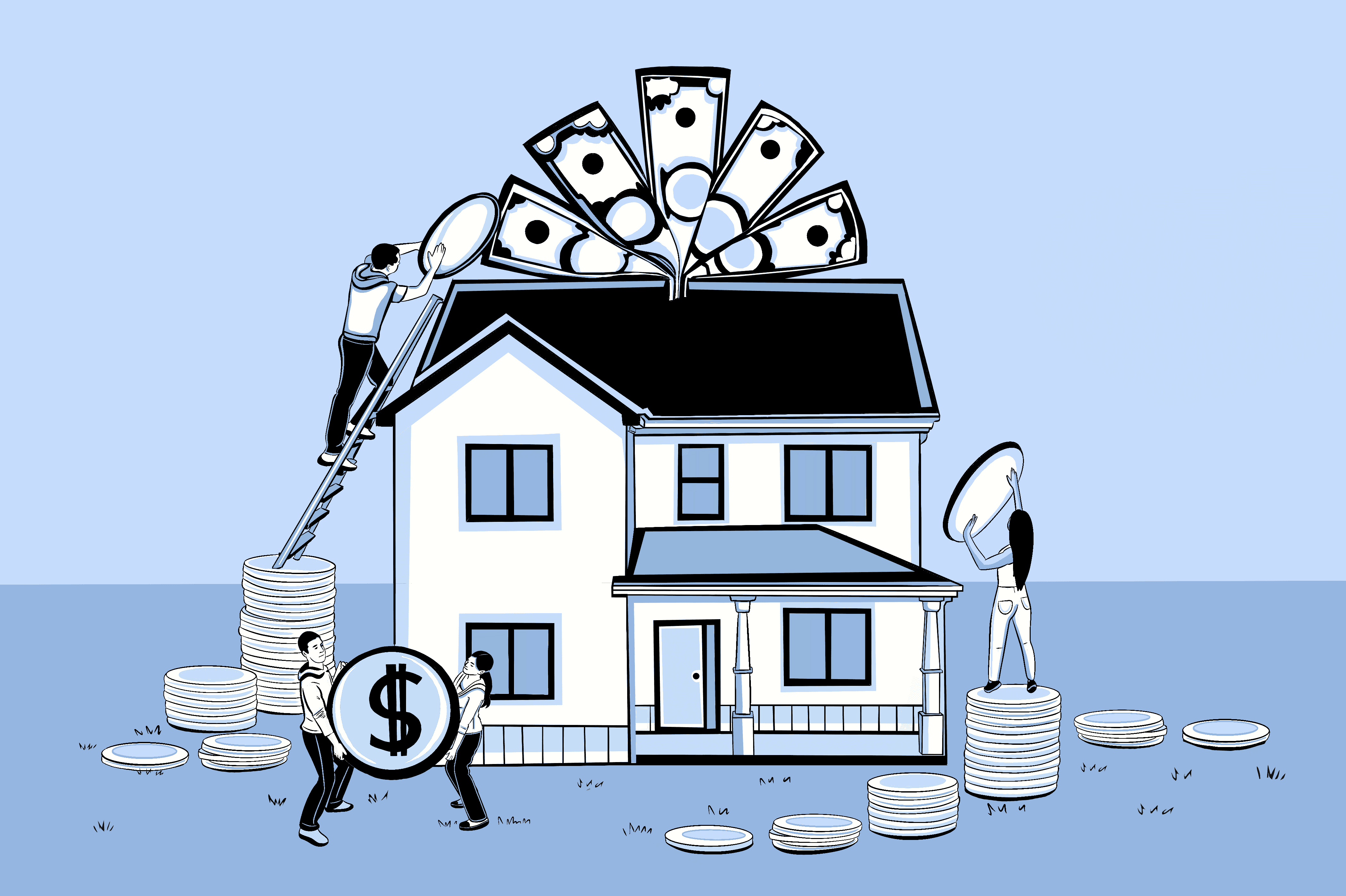MASTERING THE ACT OF LEAD FOLLOW-UP IN REAL ESTATE
By Blessing Clement
In the competitive world of
real estate, where timing is often everything, following up with leads effectively can make all the difference. Whether you're a seasoned agent or just starting in the industry, mastering the art of lead follow-up is crucial for building strong client relationships and closing deals. In this article, we'll explore key strategies for real estate agents to ensure that no lead goes untapped.
1. Promptness Is Paramount
The first rule of successful lead follow-up in
real estate is to act promptly. When a potential client expresses interest in a property or requests information, respond as quickly as possible. Research has shown that the odds of contacting a lead decrease dramatically after just five minutes. Aim to be the first agent they hear from to make a lasting impression.
2. Develop a System
Consistency is key in
real estate lead follow-up. Develop a well-organized system to manage and track your leads. There are numerous customer relationship management (CRM) tools available specifically designed for real estate agents. These systems help you categorize leads, set reminders for follow-ups, and keep detailed notes on interactions, ensuring no lead slips through the cracks.
3. Personalize Your Approach
When reaching out to leads, avoid generic messages or scripts. Personalization goes a long way in building trust and rapport. Mention specific property details or aspects that align with the lead's interests and needs. Address them by their name and reference previous conversations or interactions to show you're genuinely invested in their
real estate journey.
4. Diversify Your Communication Channels
Different clients prefer different communication methods. Some may prefer phone calls, while others are more comfortable with email or text messages. Use a variety of channels to reach your leads, but always ask for their preferred method during the initial contact. This demonstrates your willingness to accommodate their preferences.
5. Provide Value
Don't just follow up for the sake of it; offer something of value during each interaction. Share market insights, neighborhood updates, or property recommendations tailored to their preferences. When leads perceive your interactions as informative and beneficial, they are more likely to engage and trust your expertise.
6. Be Persistent, But Respectful
Persistence is a virtue in real estate lead follow-up, but it must be balanced with respect for the lead's boundaries. If they are not ready to commit or need more time, acknowledge their decision and offer to stay in touch periodically. Regularly check in with valuable updates and resources to keep your name fresh in their mind.
Read also:
Ensuring Adequate Housing For Vulnerable Populations
The Electrifying Impact Of Electricity On Real Estate Choices
How The Availability Of Water Affects The Choice Of Real Estate Property
7. Set Realistic Expectations
It's essential to manage both your expectations and those of your leads. Not every lead will convert into a client, and not every interaction will result in an immediate sale. Recognize that the real estate process can be lengthy and often involves multiple touchpoints before a lead becomes a client.
8. Measure and Adapt
Regularly review your lead follow-up process to identify what's working and what isn't. Analyze your conversion rates and response times to refine your approach continuously. Stay open to feedback from leads and use their insights to improve your follow-up strategies.
In the world of
real estate, effective lead follow-up is the cornerstone of success. Promptness, personalization, and providing value are key principles to remember when nurturing leads. Developing a structured system, respecting boundaries, and staying adaptable are equally vital. By mastering the art of lead follow-up, you not only increase your chances of converting leads into clients but also build lasting relationships that can lead to referrals and long-term success in the
real estate industry.









